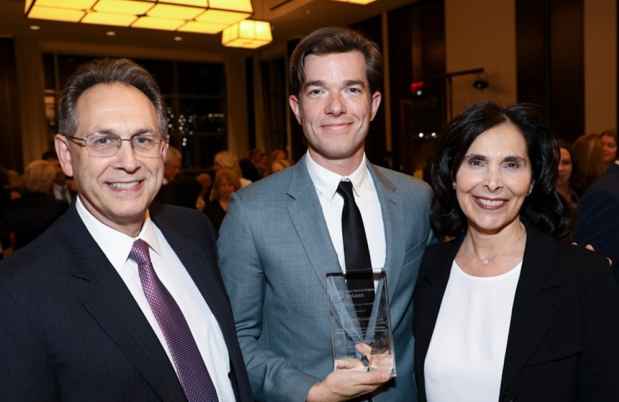In keeping with its strategic goal of extending services, the hospital has opened the McLean Residence at the Brook, a transitional living program for adults with substance use disorders.
The eight-bedroom residence, located in a newly renovated Colonial in Waltham, Massachusetts, offers a structured, supportive home-like environment. With a minimum length of stay of 90 days, the private-pay program is designed especially for individuals who have had persistent treatment relapses, need more psychosocial support than what is typically offered in other sober-living situations, or have a co-occurring psychiatric illness (dual diagnosis).
“The Brook completes McLean’s continuum of care and fills an area of substance abuse treatment not currently available in the region,” says Roger Weiss, MD, chief of McLean’s Division of Alcohol, Drugs, and Addiction.
With a counseling staff-to-patient ratio of one to four, the Brook provides highly specialized treatment that includes individual and group therapy, family meetings, and psychoeducational and skills training. In addition to treating dual diagnoses, the program also departs from other recovery models by accepting those who are taking medications as part of their ongoing substance abuse treatment.
Its expanded milieu allows patients to participate in several group meetings a day, four self-help groups a week, activity-based rehabilitation, including exercise and cooking, educational offerings, volunteer positions or jobs, weekly appointments with psychiatrists, and twice-weekly meetings with case managers.

“Because we’re a small program, we are able to tailor treatment to each individual’s recovery needs,” says Susan Rees, RN, MA, program director.
“Our residents arrive with their own issues, triggers, and stresses. Our staff, backed by the many resources at McLean, has the knowledge and expertise in substance use disorders and dual diagnosis to support people in whatever ways best empower them, at any point in their recovery.”
The program’s framework focuses on “the four Rs” of treatment: regulation, recognition, relationships, and responsibility, explains medical director Timothy Benson, MD.
Residents learn to regulate their schedules and their emotions, recognize the factors that trigger their addictive behaviors, foster healthy interactions with others, and take responsibility for their recovery.
“Our model offers flexibility and is designed to work around each person’s ability and desire to transition back to life,” says Benson.
On the Path to Sobriety a Young Woman Finds Renewed Hope at the Brook
When Debra Friedman was a junior in high school, her mother found her passed out on a park bench, unconscious from alcohol poisoning. Just a few years later, she almost died from a heroin overdose.
Debra recalls these traumatic moments as punctuation marks in her long history of alcohol and drug abuse. “I started drinking when I was 13. In high school, I faked migraines so that I could get prescription pain killers. I smoked pot. I stole my sister’s Adderall. I spent my parents’ money on cocaine.”
Although Debra had tried many residential and rehabilitative school programs throughout her adolescence, it was not until she landed at the McLean Center at Fernside that she began to get control of her drug use. Fernside’s extended-stay model worked well for Debra and she stayed sober after her discharge.
A year later, however, as is often the case with addiction, she experienced a relapse. Fortunately for Debra, the McLean Residence at the Brook had just opened and its medical director, Timothy Benson, MD, was also Debra’s therapist. He urged her to try the new program.
“Being newly sober was always very challenging for me. I had difficulty doing it on my own,” Debra admits. “But Dr. Benson assured me that the Brook would give me the structure I needed to help me build my life. He was right. It was a perfect stepping stone for me.”
At the Brook, Debra had both the flexibility and support she needed to stay sober as she transitioned back to a healthy life. “It put me on target in the ways of living an honest and productive life—how to be a good person, how to have relationships, how to stay active and be responsible,” she says.
The caring and attentive staff, she adds, was “the best in the world.” As the Brook’s first “graduate,” Debra is proud of the work she accomplished there and the progress she is making. She is in a committed relationship, takes long walks, and enjoys going to Boston Celtics games. “This is the best I have ever felt,” she says.
Media Requests
Journalist or member of the media? We are available 24/7 for media requests.



